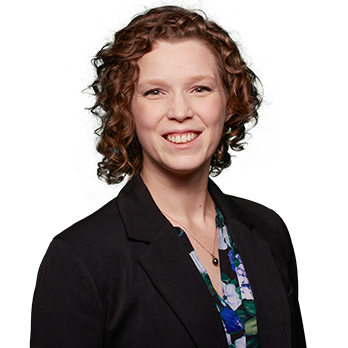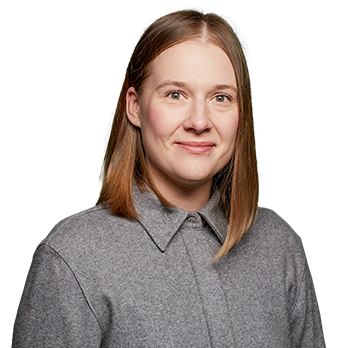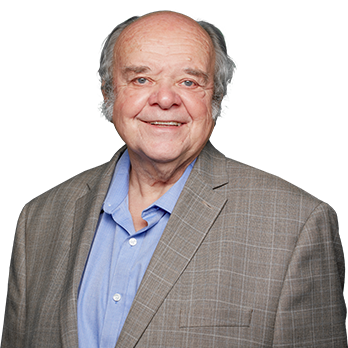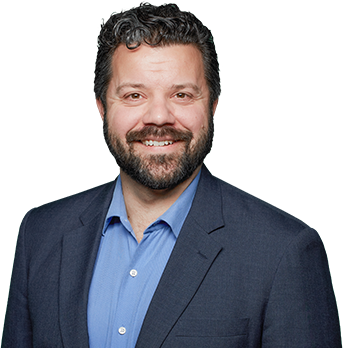TimberWest (Retiree Benefits)
Information about this Class action
This action was brought against TimberWest Forest Corp on behalf of former salaried, non-unionized employees of TimberWest Forest Corp and its predecessor with respect to retiree benefits.
Please see the Frequently Asked Questions about the settlement.
| Case Name | George Jablonsky v TimberWest Forest Corp |
| Court | Supreme Court of British Columbia |
| Date Filed | January 22, 2014 |
| Class Members | All persons, wherever they reside, who are:retired, former salaried, non-unionized employees of any of TimberWest and its predecessors for whom TimberWest reduced coverage and payment for post-retirement health and welfare benefit coverage ( “employee class members”); andsurviving spouses and dependent children of the persons described in the employee class ( “non-employee class members”) |
| Class Counsel | Victory Square Law Office LLP |
Jump to:
Current Status
On Friday, June 26, 2015, the BC Supreme Court approved the settlement agreement concluded between the plaintiff and TimberWest. The contemplated implementation date for the settlement is January 1, 2016.
Notices
- Approval Notice to class members re Approval of Settlement
- Opt In Form – Only for use by persons who reside outside British Columbia
- Opt Out Form – Only for use by persons resident in British Columbia
- April 2015 – Preliminary Notice to class members re Proposed Settlement Agreement
Important Documents
Settlement agreement dated March 10, 2015 – Exhibit A to the Affidavit of David Blair
Documents Filed in Court in the Action
(Latest on top)
- Consent Dismissal Order, filed September 28, 2015
- Notice of Application re Approval of Settlement
- Application Response re Approval of Settlement
- Order – Unfiled
- Notice of Application (Settlement Approval), filed 2015-04-13
- Affidavit #1 of D. Blair, filed 2015-04-13
- Application Response, filed 2015-04-15
- Affidavit #2 of D. Blair, filed 2015-04-22
- Notice of Application (Contested Certification), filed 2014-10-24
- Affidavit #1 of D. Irvine, filed 2014-10-24 (removed due to personal information content)
- Affidavit #1 of C. T. James, filed 2014-10-24
- Affidavit #1 of G. Jablonsky, filed 2014-10-24
- Application Response, filed 2014-11-25
- Affidavit #1 of B. Blue, filed 2014-11-25
- Affidavit #1 of L. Bourcier, filed 2014-11-25
- Affidavit #1 of D. McPhalen, filed 2014-11-26 (removed due to personal information content)
- Notice of Civil Claim, filed 2014-01-22
- Response to Civil Claim, filed 2014-09-19
- Reply, filed 2014-10-17
For Further Information
Please contact Allison Tremblay
















